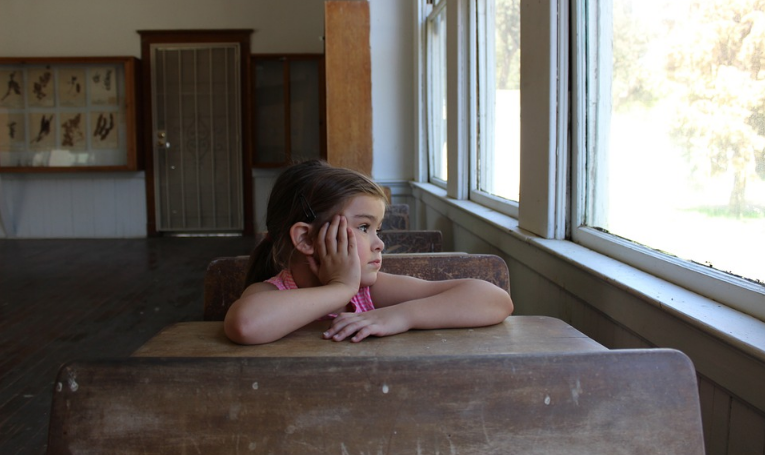A mom in New York tells me she’s in a fight with her kid’s preschool. You might think she’s unhappy with the zero-tolerance policy for Kombucha? Too much enrichment? Not enough? In fact, it’s none of the above. Her fight is over the children playing outside. The mother wants her kid to be outside more often, while the preschool is of the opposite opinion. The director’s latest excuse is that it is “illegal” for the kids to be outside when the temperature is below 32 degrees.
Looking through the preschool regulations for the state of New York, it is not clear whether the preschool director was exaggerating, since an exhaustive search through pages of state regulations did not uncover an official temperature standard. For clarity sake, New York could take advice from Alaska. The Anchorage school district keeps students inside only when temperatures hit negative ten degrees Fahrenheit, including wind-chill. Setting aside the Last Frontier State, it is no exaggeration to say that parents who favor outdoor play are fighting an uphill battle in many school districts, elsewhere around the United States.
A parent in the Washington, D.C. public school system explains how her kids’ district will declare a “cold emergency” which means the kids aren’t allowed on the playground. When she asked the school to explain the policy she was told that since there were some parents who sent their kids to school dressed improperly for the cold weather, the school responded by banning outdoor play for everyone. “When I suggested that those (improperly dressed) kids simply sit in the library while the rest of the school gets some exercise, the response was, ‘That wouldn’t be fair,’” the mother averred. It’s a strange definition of fairness to deny everyone who is ready for winter the possibility of fresh air. Though given the fact that too often the words ‘fair’ and ‘equality’ actually have come to mean sameness, this shouldn’t be so surprising.
To be sure, the challenge of getting more free play outdoors for kids during the school day goes beyond winter temperatures. In Rhode Island, the issue of guaranteeing schoolchildren recess was so important that it was legislated by state representatives and signed into law by Gov. Gina Raimondo in July last year.
In some places, when parents try to handle the matter themselves, they encounter steep resistance from school officials. A group of Florida parents have been fighting for guaranteed recess for a couple of years now with little success. And there is disagreement among the parents about whether a state mandate is better than fighting school by school, district by district. “Our local districts have failed us. It hasn’t been about local control—its local neglect,” said Kate Asturias, a Miami-Dade parent and member of the local Recess for Miami Students group fighting for guaranteed daily recess.
At some schools, outdoor play and recess time have been restricted because school administrators say they need more time in the classroom. Restrictions on recess at other schools reflect concerns about safety and preventing violence and bullying. Bans on games, running, tag, football, gymnastics and even pushing someone on the swings are all too common.
There are positive lessons to be learned all around when it comes to solving these disagreements. Parents have to understand that complaining about a policy to the school principal may not be enough to get a policy to change. Moms and Dads who care about more recess and outdoor time have got to make the issue a priority among the PTA or by organizing a separate, grassroots effort to enlist support from as many other parents as possible. There is strength in numbers.
For school administrators and teachers, perhaps a little more common sense is in order. There are obvious behavioral and intellectual benefits to having students get up off their backsides, get outside and get their blood flowing while working off excess energy. The default for anyone who wants to run an efficient and successful school should be more outside free play, not less. When your students’ parents are demanding the same thing, a working partnership is a much better option than adversarial dictates.
—
This Acculturated article was republished with permission.
Dear Readers,
Big Tech is suppressing our reach, refusing to let us advertise and squelching our ability to serve up a steady diet of truth and ideas. Help us fight back by becoming a member for just $5 a month and then join the discussion on Parler @CharlemagneInstitute and Gab @CharlemagneInstitute!
















Leave a Comment
Your email address will not be published. Required fields are marked with *